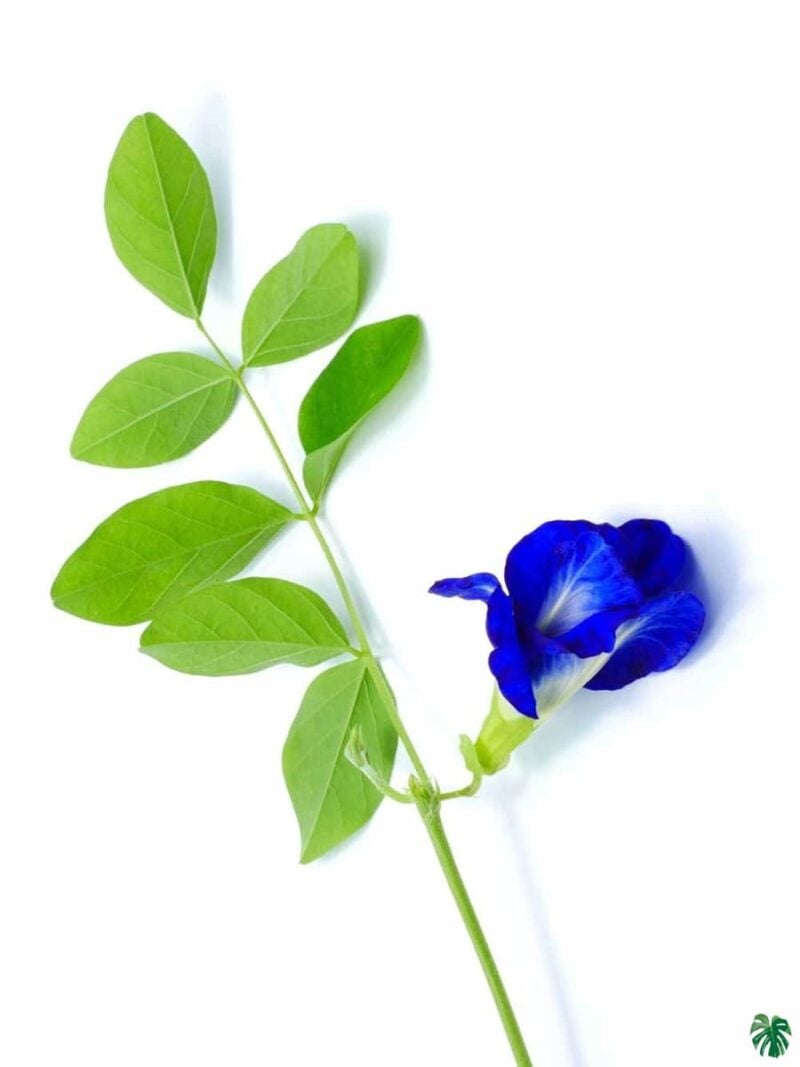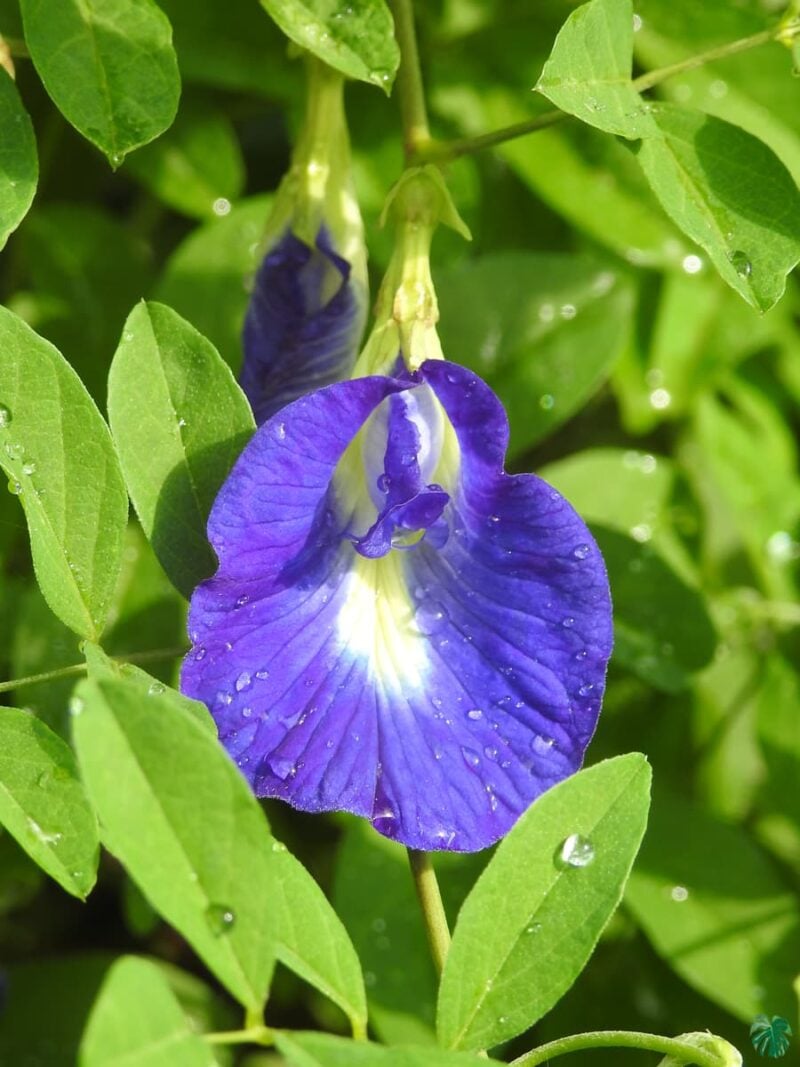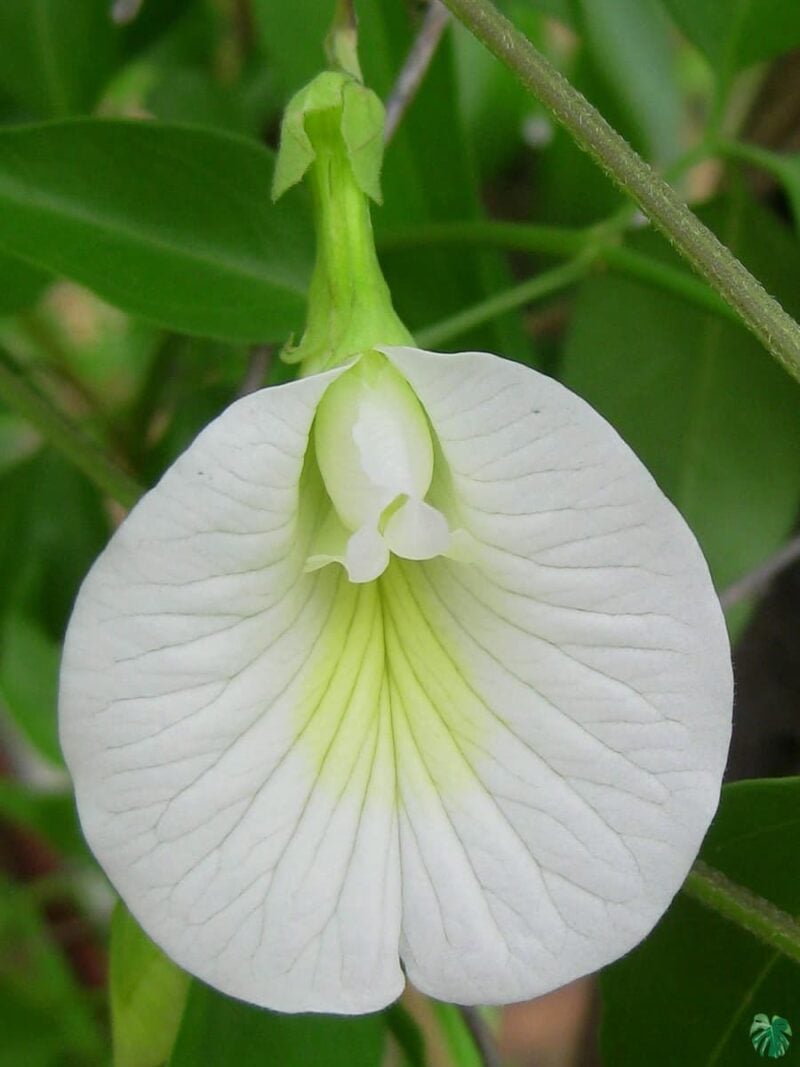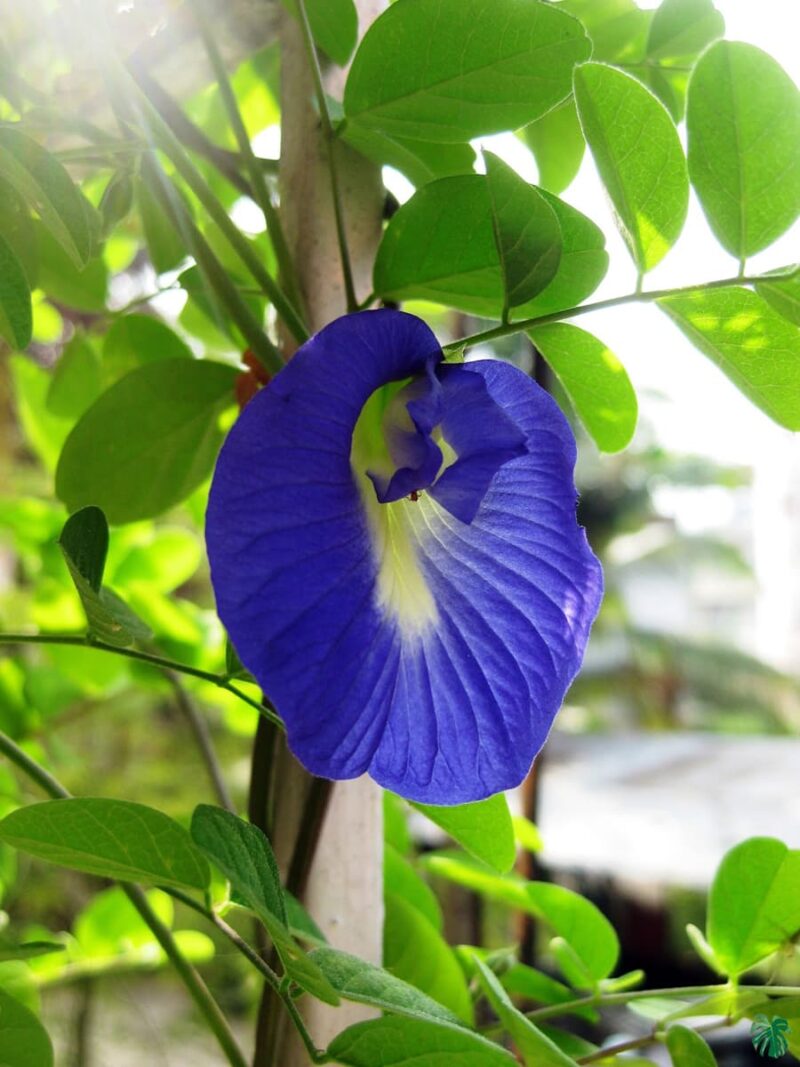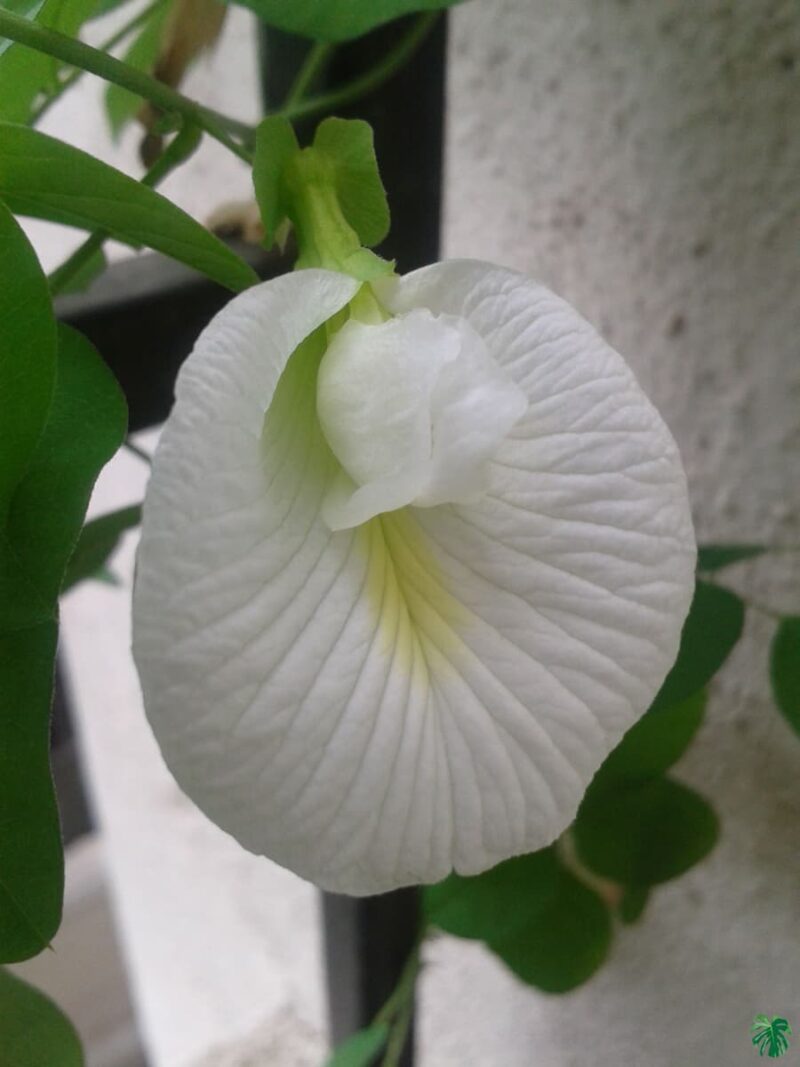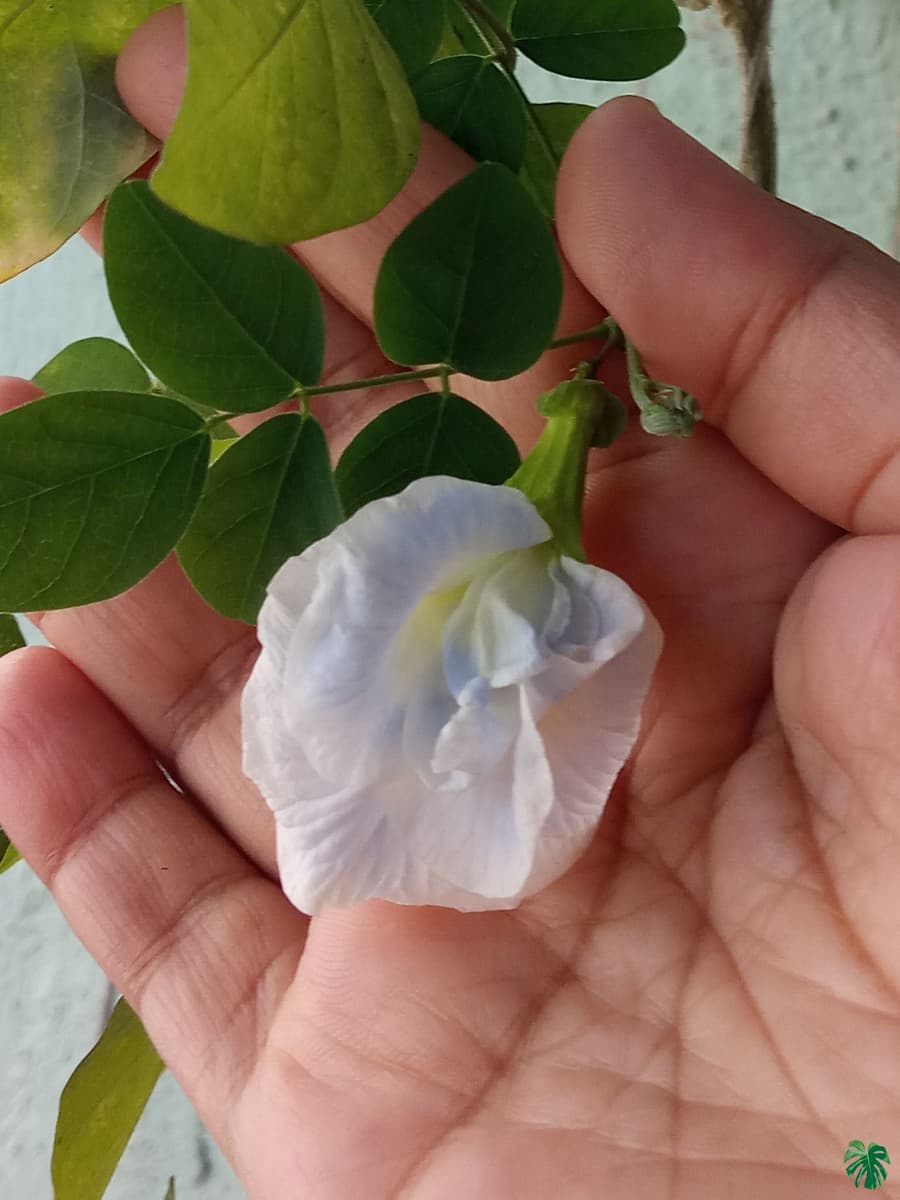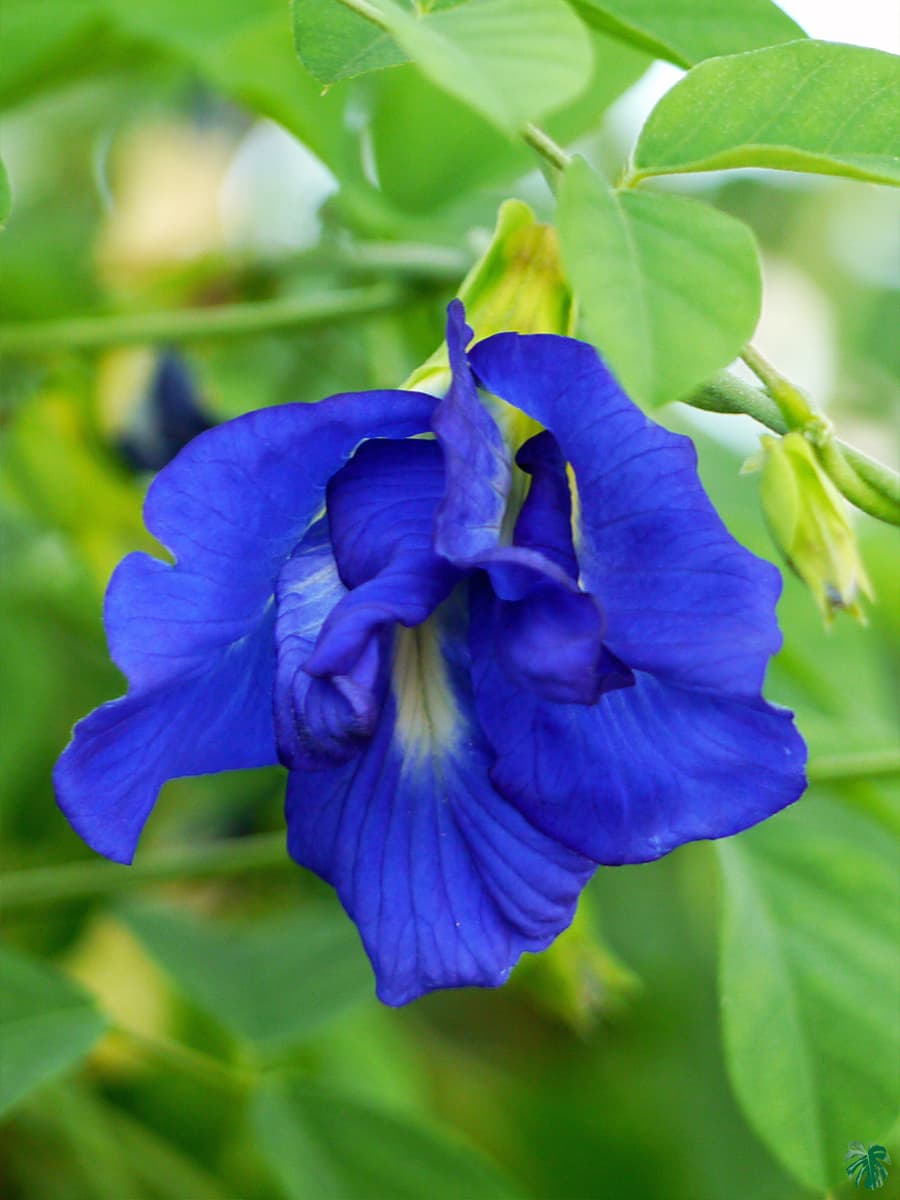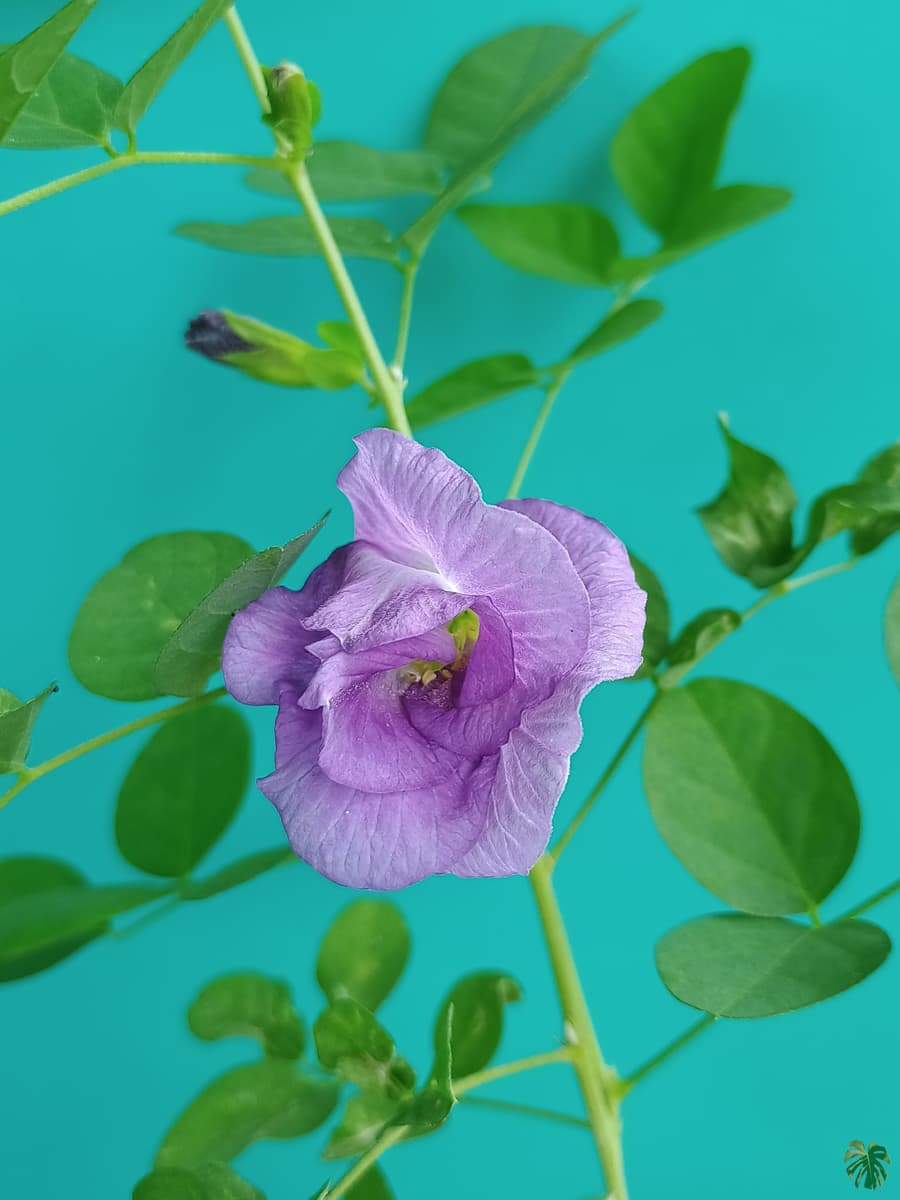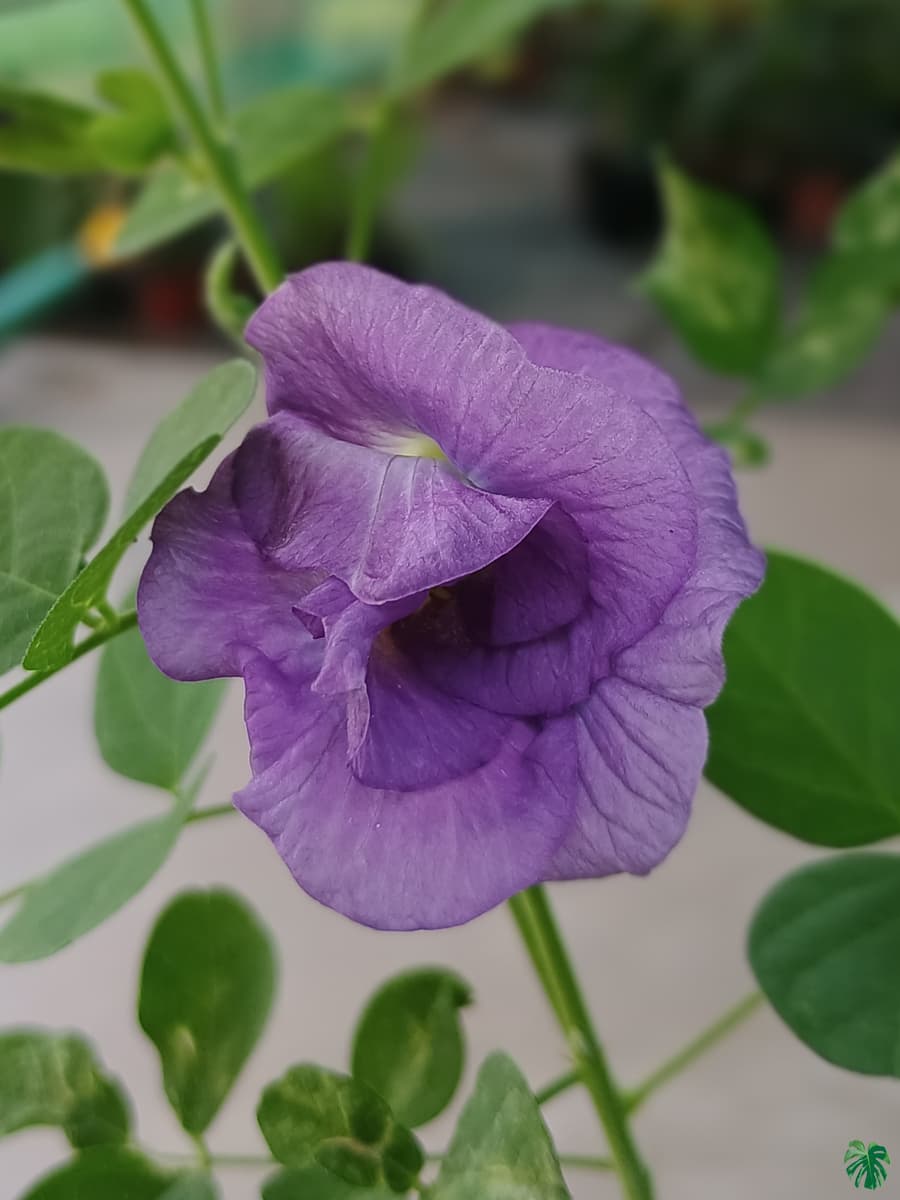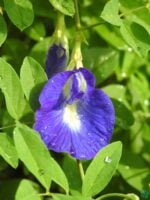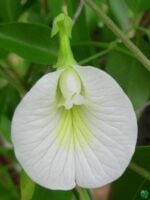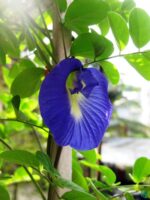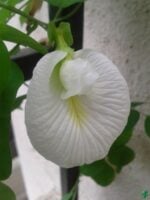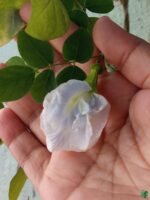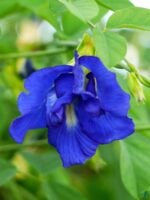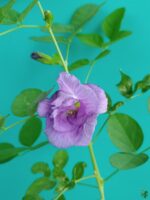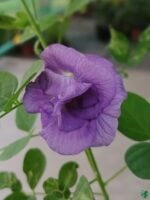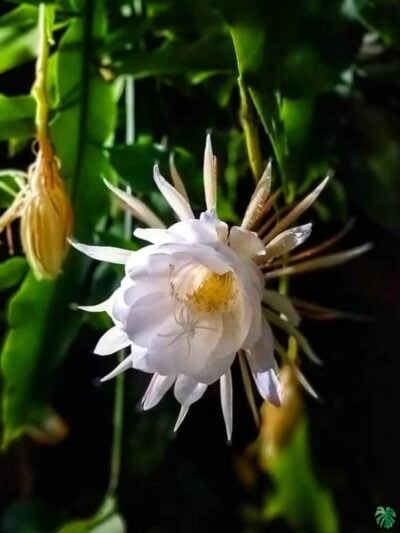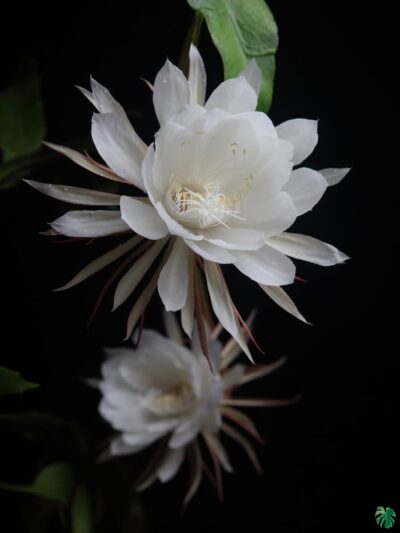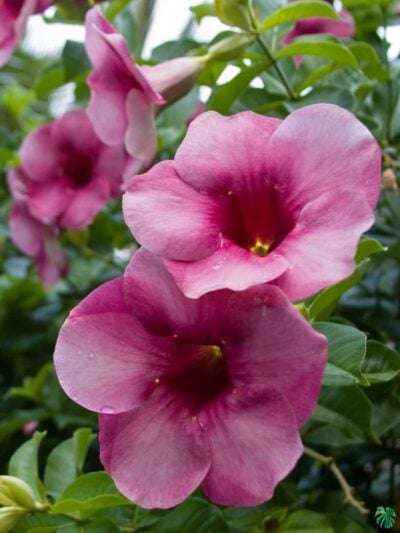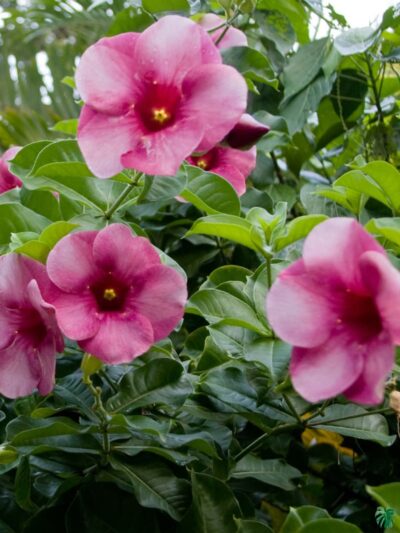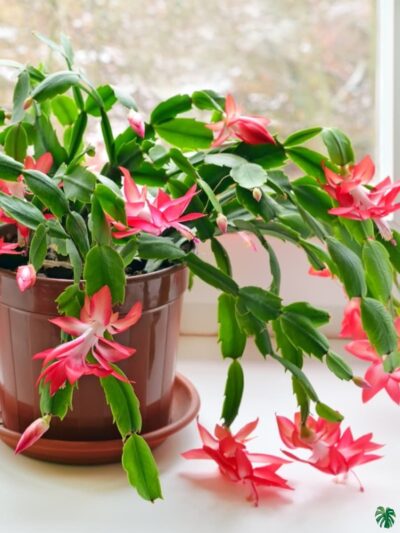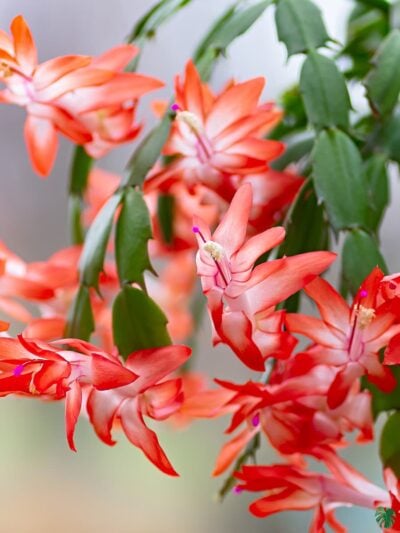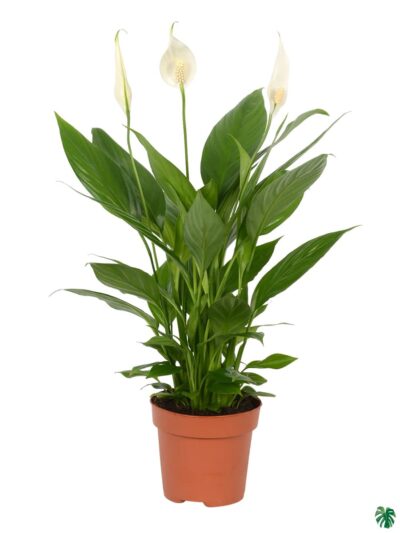Nilkantha
Aparajita Flower
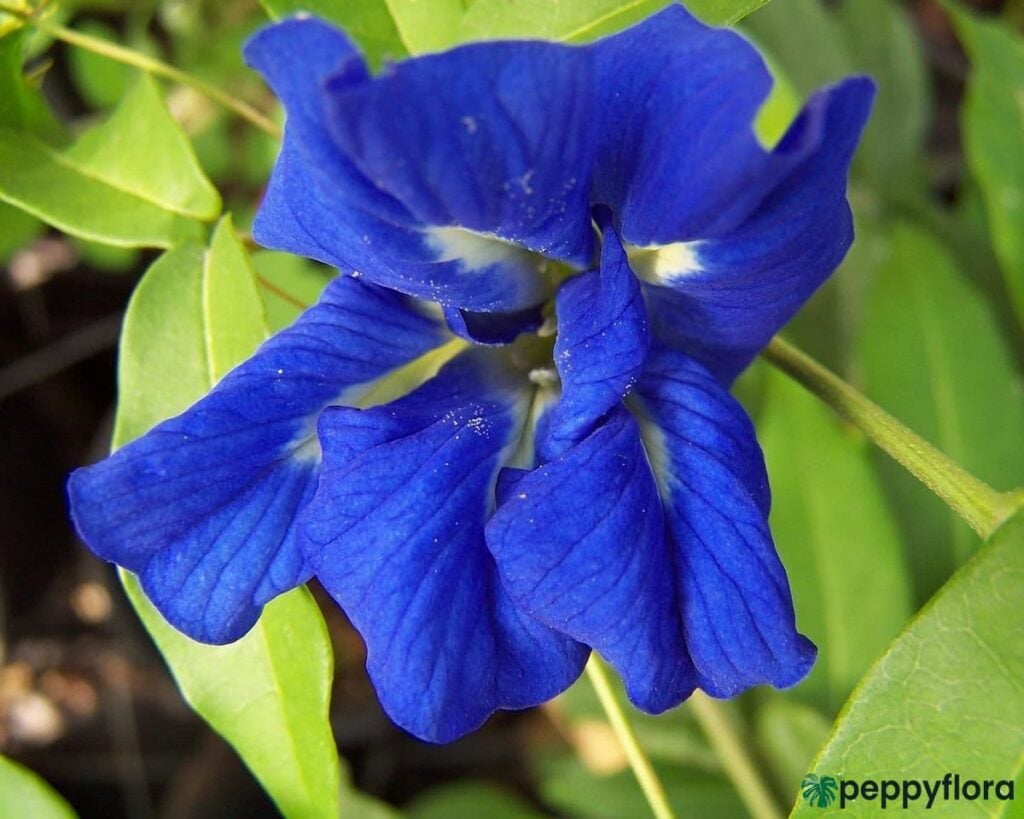
Clitoria Ternatea, Aparajita Flower, commonly known as Asian Pigeonwings, Nilkantha, Butterfly Pea, is a plant species belonging to the family Fabaceae. In India, it is revered as a holy flower, used in daily puja rituals and has been used for worshiping and medicinal purposes for centuries! The flowers of this vine were imagined to have the shape of human female genitals, hence the Latin name of the genus “Clitoria”, from “clitoris”. The species name is thought to derive from the island of Ternate in the Indonesian archipelago, from where Linnaeus’s specimens originated.
It is a perennial or annual creeping vine with a shrubby habitat. Once established, this plant is incredibly easy to grow and requires little attention aside from helping to train it up a trellis. When in bloom, the Sangu Pushpam is covered in bright blue blossoms. It is grown on a support such as a trellis. Weave through a hedge. The plant is used for an ornamental purpose.
Clitoria Ternatea flower prefers to be grown in full sun but they will tolerate light shade. These are very drought tolerant plants, but they should be watered regularly for the best results.
Clitoria Ternatea Benefits
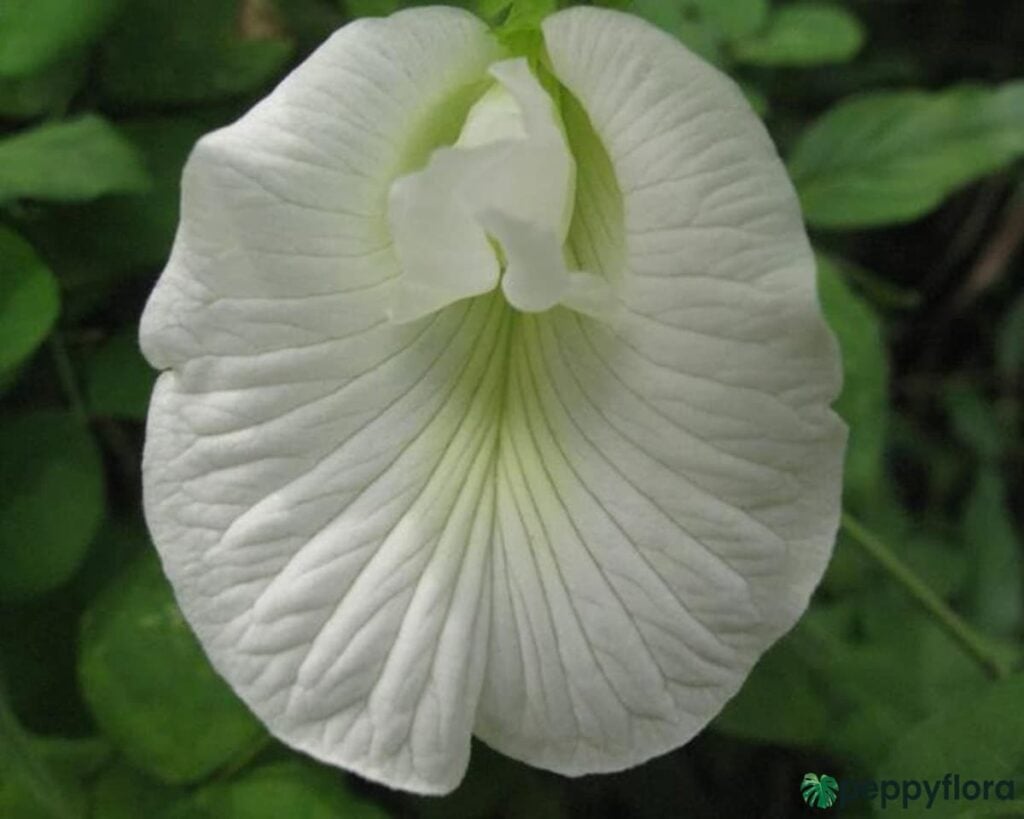
The blue flowers of Aparajita plants are used to make tea and as a natural dye for food and even hair products. When used in liquid form, the colour morphs depending on the ph. For example, the blue-purple colour changes to bright pink when lemon or seltzer water is added and the acidity is raised.
As a legume, its roots form a symbiotic association with soil bacteria known as rhizobia, which transform atmospheric N2 into a plant-usable form (a process called nitrogen fixing), therefore, this plant is also used to improve soil quality through the decomposition of nitrogen rich plant material. Butterfly Pea is well-known for its traditional healing properties in Ayurvedic and Chinese medicine.

